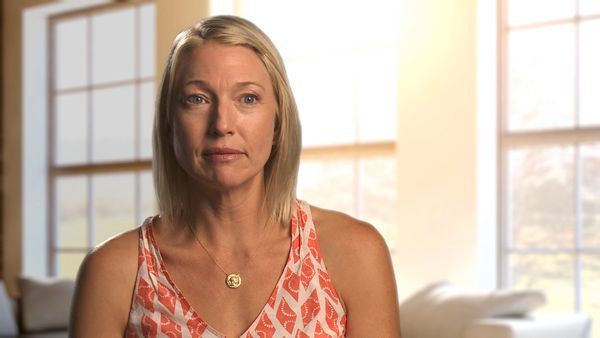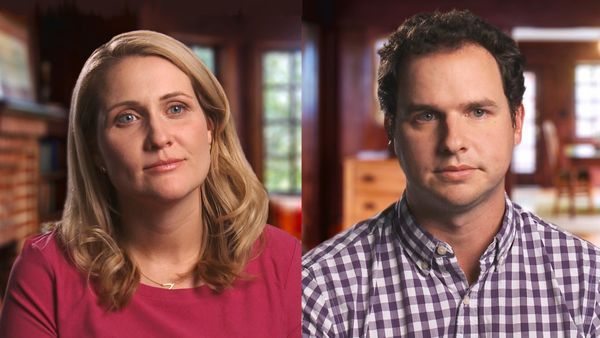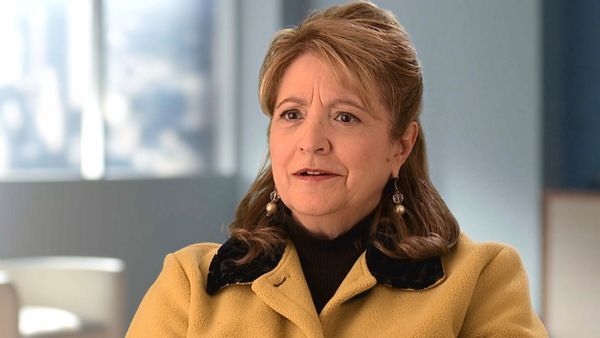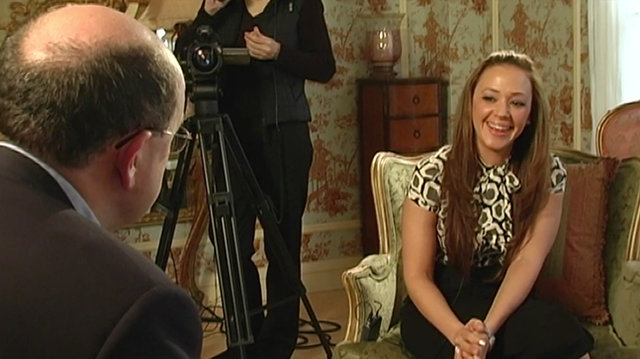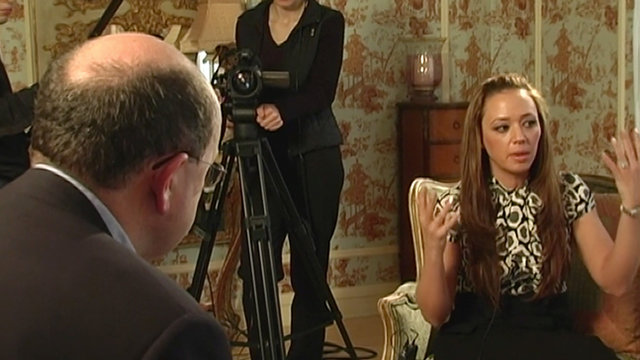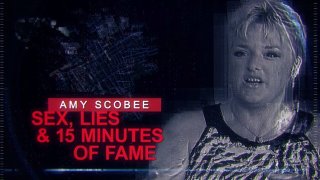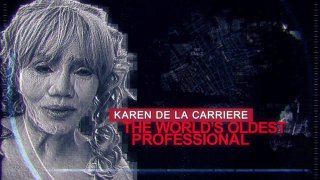Copy and paste this embed link:
Bob Pace is a professional building inspector whose wife was a friend of Leah and her mother Vicki, and who was asked by Vicki to take a look at a crack in a wall at Leah’s home. Bob was shocked by Leah’s forceful attack when his professional opinion was not what Leah wanted to hear.
VIDEO TRANSCRIPT
I’m a professional building inspector and I’ve done maybe ten thousand different building inspections. And I was called out, I believe by Leah’s mother, but by Leah wanting me to come and take a look at her house because she had a crack in it that she felt was a structural concern and needed further evaluation. So I came to the house and I was shown by her a—the term is called a hairline crack. It’s a very narrow small crack, it’s in a very straight line. They’re always because of some slight movement. Earthquakes are noted for creating these typically between two pieces of drywall that have slightly shifted. It had not separated, it had not moved.
Hairline cracks are typical, and I said this is a hairline crack and it just needs a minor repair, and then just observe it. She didn’t like that answer. She said, “No that’s a structural crack.” Which kind of took me back. It was a rather forceful communication and not a pleasant one and I said, “This is my profession. This is what I do. That is a hairline crack. That is not a concern.” The volume went up. She got more upset. And I realized at that moment that I’ve, in the ten thousand inspections I’ve dealt with I probably dealt with maybe three people that I would consider to be truly…. I don’t know another word other than insane.
In other words they have some sort of hidden agenda, some reason that they want to communicate something and they want somebody to agree with them. When somebody doesn’t agree with them—and I didn’t, and it wasn’t—she got upset. So I said, “Well, let’s take a look around.” I thought maybe if we moved around things would calm down a little bit. So I said, “Let’s look underneath. Let’s look over here, let’s look over there.” And we went through them and I said, “Are there any others?” “No.” OK. And at that point I said, “well I feel very comfortable with what I’m saying. That is not a concern.” Now she got even more upset. And somewhere about at that time, and I wouldn’t back down and she just was…. So much as I hate to say this, I’m not quite sure why there wasn’t froth coming out of her mouth at this point in time. Her husband came in and said, “Can I talk to you for a minute.” So she left, we went outside. He goes “is that a concern?” I said “no.” And he goes, “I know it’s not. She’s just… that’s the way she is.”
By the time I left, which was over forty-five minutes later, for something that honestly should not have taken more than five minutes. And after ten minutes I realize that Leah was getting more and more upset by me telling her no this was not a structural concern. That’s when I realized that, even if she offered me money—which she didn’t—I would not accept it.
After five minutes of dealing with her I realized that this is somebody that I would never deal with again if I could in any way shape or form not.
Leah treated my professional communication as though it had absolutely no value whatsoever because it didn’t agree with a preconceived notion that she had, that this structural problem in her house—that wasn’t one—needed fixing immediately by somebody and that somebody else was going to pay for it. That basically I had no value to her whatsoever. She was done. So I’m glad that I… at this point I’m glad that I only spent forty five minutes in her presence.
I am a certified earthquake inspector for buildings. And have spent hundreds of hours studying structure and what is a problem and what isn’t a problem, building homes and hotels. I know what I know. And I know what I don’t know and her trying to tell me what the truth is, when I know it’s something different by a person who—this is not their field whatsoever—I am not the kind of person who just backs down and capitulates. I’m just not going do that. So I told her my opinion, she didn’t like it, fair enough.
I’d heard a few grumblings, a little bit from my wife and somewhere else and I’m honestly not sure where, that she was not the most pleasant person to deal with. When I walked out of the house I went okay, now I know. And I’m the kind of person that if I don’t have something good to say I don’t say anything. And I’ve had people ask me about Leah and until this moment I basically say nothing. But it’s, I can’t just sit and say nothing anymore.
When I went home that evening after having dealt with Leah, one of the first things I brought up to my wife Kathy, as I said, this is not a person that you need to keep dealing with. You need to not deal with her. And my wife was quite distraught at that time of her association with her. And I finally understood why.
I wish I could have figured out a way to have my wife stop associating with Leah, comfortably. She unfortunately had a bit of an arrangement with her. She was tutoring her daughter and also knew her mother, and so there was kind of a whole familial connection there that made it difficult. And she said that wasn’t really possible, but it pained me greatly to see my wife not doing well, honestly. And I started realizing how a person like that can actually make somebody else ill, just physically ill. And my wife was getting physically ill and I now feel very—I almost hate to use the word comfortable but I feel certain that it, to a large degree had to do with the dealing with her being associated with Leah Remini.
